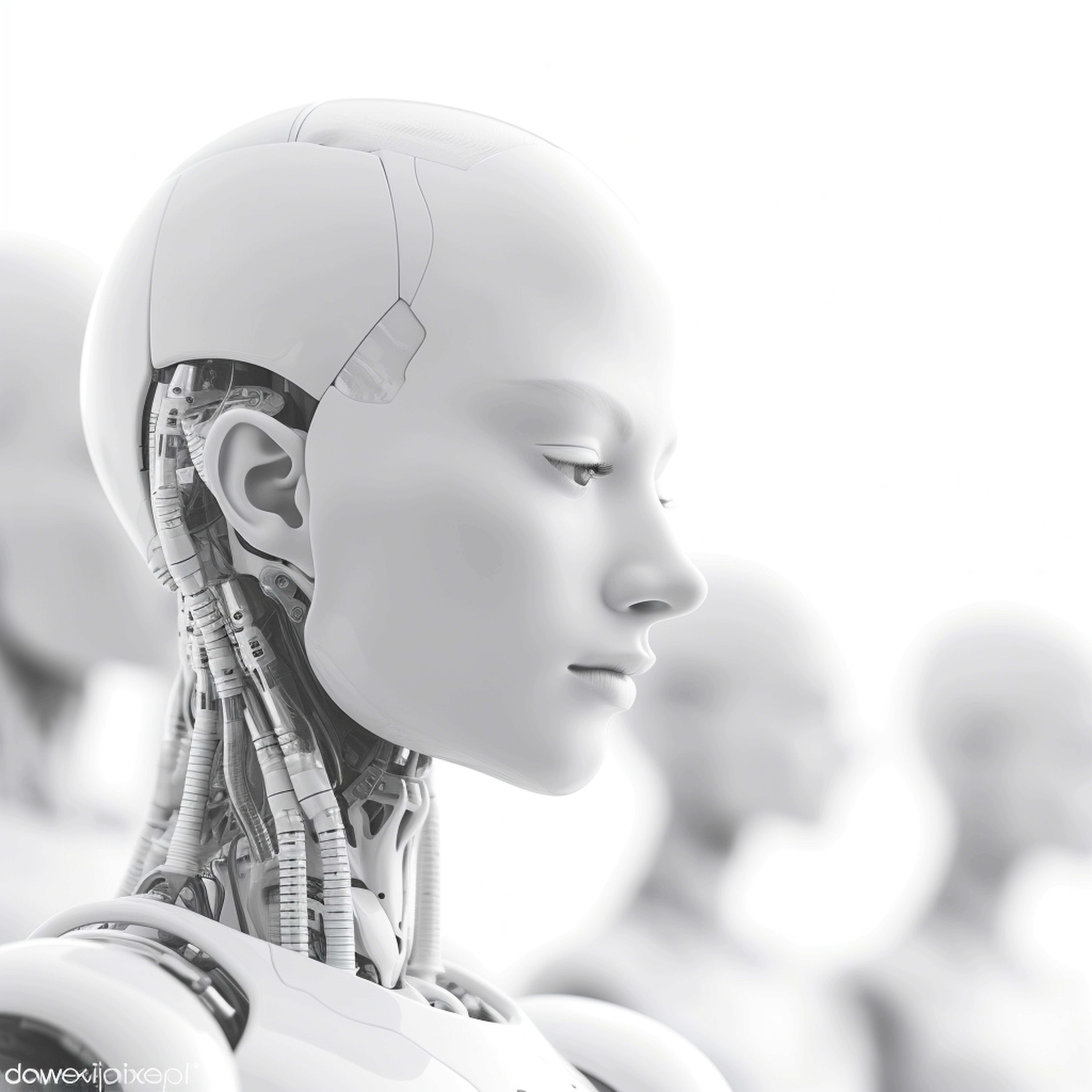
CIGI Online
Published in X-Patents.ai.
Two Moral Philosophies on Patent Rights
There are two fundamentally contrasting moral philosophies regarding patent rights. First, the “natural rights view” perceives innovation as an inherent possession of its creator – the entity that conceived the idea and invested in its development. According to this perspective, any action other than assigning full rights to the inventor is deemed as theft. On the opposite end, the “public rights view” argues that knowledge and ideas should reside in the public domain, available for discussion, utilization, and further advancement. The assignment of private property rights, in this view, is seen as an improper restriction on the public’s rights.
This perspective is rooted in the belief that the laws of nature, governing our world, exist independently of humans, and that mere discovery shouldn’t equate to ownership. Between these two extreme positions, there exists room for a system that acknowledges some rights for inventors while reaffirming that information and ideas are fundamentally communal assets.
As such, the prevailing approach adopted by most legal systems is utilitarian, seeking to balance the necessity of incentivizing innovation with the importance of ensuring public access. This utilitarian approach is of utmost significance, especially considering innovation’s pivotal role in advancing our overall quality of life..
